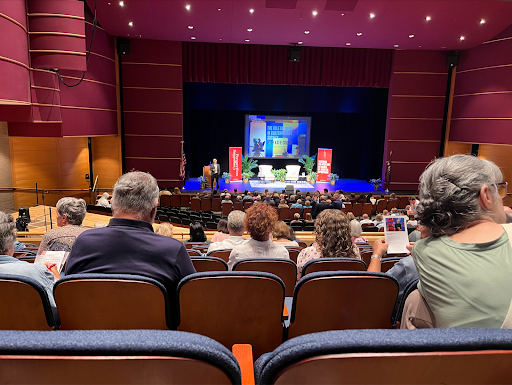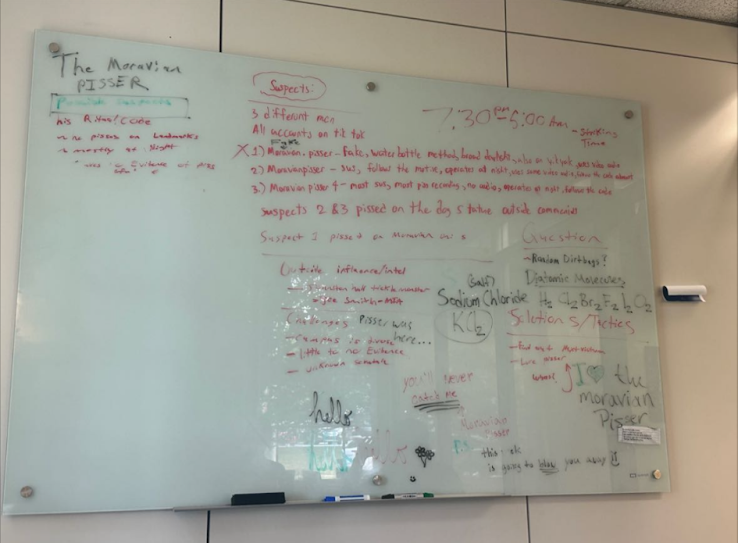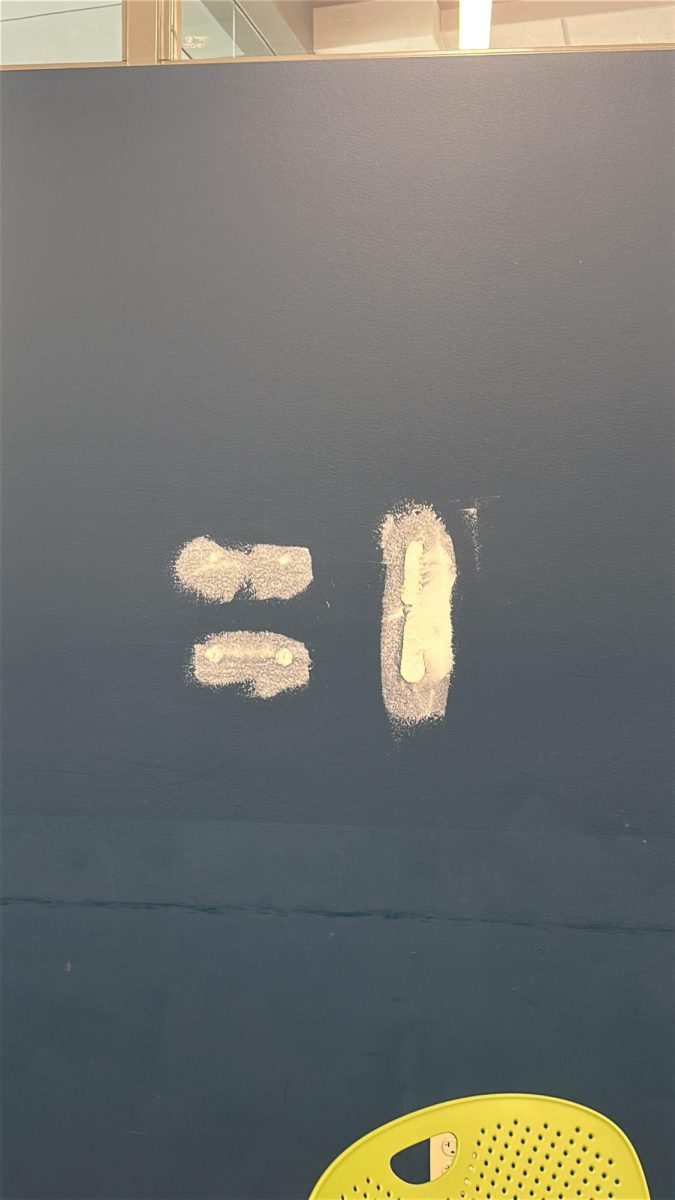
On Sept. 17, Katie Couric, journalist and founder of Katie Couric Media, spoke at Lehigh University as a part of the school’s Compelling Perspectives program.
This is the second year of the program, and Lehigh’s goal is to provide a platform for respectful discourse and the sharing of diverse opinions about topics impacting today’s society. This year’s theme, “media’s role in contemporary society,” was selected based on the upcoming presidential election and broader global conflicts.
The discussion was moderated by Lehigh University’s President, Joseph J. Helble, and attendees were invited to ask Couric questions at the end of the discussion.
Couric discussed today’s media landscape and how it differs from when she first began her career. Two decades ago, there was a limited number of media outlets informing the public. Today, social media has made it easier than ever for information to be shared and spread by thousands of people and sources.
Couric described today’s media landscape as “media ecosystems where we’re getting affirmations instead of information.”
During the discussion, Helble referred to The Pew Research Center’s 2024 News Platform Fact Sheet. These findings show that 86% of U.S. adults sometimes get news from a device (phone, tablet, computer), with 57% obtaining information from these devices often.
The data also showed that 67% of U.S. adults sometimes get news from television, which has remained steady for the past few years. Only 26% of U.S. adults said they often or sometimes receive information from radio and print publications.
This data supports the changes in the media landscape that Couric refers to as well as her claim that television news viewership has decreased as social media expands.
Social media has increased the amount of misinformation circulating the internet and allowed virtually anybody to share information (both accurate and inaccurate).
“Everybody is a journalist, you talk directly to the audience without an editor,” Couric said. “It is hard to tell if information is factual.”
Couric said it is important for individuals to conduct their own research and not trust everything online. She spoke about her own media consumption, sharing that she switches between platforms such as Fox News, MSNBC, and others to compare how information is framed. Couric also invests the time to corroborate sources.
She said that she recognizes that while time-consuming, in today’s media and political climates, it is essential to conduct your own research and form opinions based on that research. It is important to find reputable outlets using credible research and data as well as being edited by multiple people.
The discussion also addressed the issues of fake news in today’s political climate. Helble framed this discussion around the recent presidential debate between Vice President Kamala Harris and former President Donald Trump.
Couric acknowledged that it is difficult to fact-check in real time and commended the moderators of the debate for doing their homework before the debate.
Helble asked Couric how to balance remaining factual and unbiased.
Referring to her 2008 interview with Sara Palin, the Republican vice presidential nominee at the time, Couric said she attempted to be unbiased during this interview and her entire career.
In this interview in particular, she mentioned being mindful of her tone, body language, and facial expressions so as to avoid allegations of biases. This interview was well received by the public at the time, yet Coruic doesn’t believe an interview like that would be possible today.
“Trust in the media has declined so precipitously,” Couric said.
The Pew Research Center found that there has been an increase in political divide and adversity in recent years.
“We’ve lost our sense of being,” Couric said. “We aren’t the United States, we’re the divided states.”
The discussion also focused on the impacts that AI are having on today’s media. Couric believes the impacts are unknown as of now.
“Media is already struggling, our business model has been disrupted because of social media and ad models,” she said.
She wondered if the public would be interested in reading a piece produced by a robot; concluding that “you need a thinking, feeling human being to translate what AI is giving us.”
Couric also considered the benefits to journalists, believing that AI could save reporters time by conducting background research and statistics, allowing journalists more time to “do more journalism [and] reporting on the ground.”
Couric offered advice to young, aspiring journalists during the Q&A period. She told them if they are passionate about journalism, to pursue it. However, she also encouraged them to keep track of technology and trends and make sure their skills are up-to-date because these factors are causing the industry to change rapidly.
A large theme throughout the discussion was Couric’s passion for cancer advocacy.
To preface the conversation, Couric was asked about her late husband, Jay Monahan, who passed in 1998 at the age of 42 after a battle with stage four metastatic colon cancer. Couric shared her desire to use her platform for cancer advocacy and her experience receiving a colonoscopy on The Today Show, which she hosted at the time.
She also mentioned her passion for her advocacy and urged members of the audience to get regular cancer screenings, including mammograms, colonoscopies, and more. Through her advocacy, she has raised over $800 million for cancer research.
The Compelling Perspectives program will have two more speakers, retired journalist Marty Baron and an unannounced third speaker, at Lehigh University for the 2024-25 academic year to continue dissecting media in today’s society.







